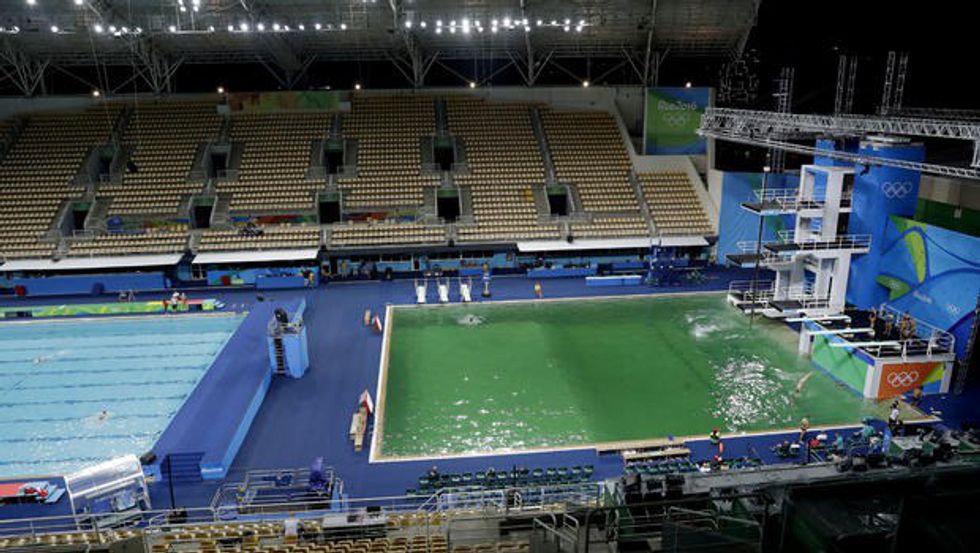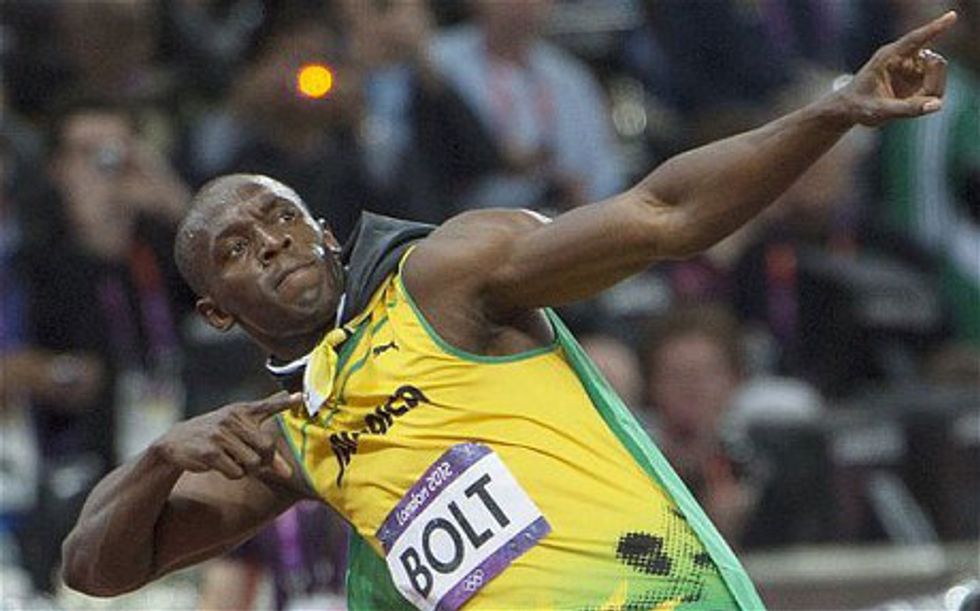The 2016 Summer Olympics in Rio de Janeiro have come to a close. The Games had its high points and low points, but now all eyes turn to Tokyo in 2020. Many questions will arise about the Games in Tokyo, so here are some that may be interesting to watch out for.
1. How will Tokyo fair after some controversies in Rio?
The games this summer in Rio were not without controversy. Concerns over whether or not Rio should host with so many struggling to make ends meet, the Zika virus outbreak, heavy water pollution, doping scandals, green water in the diving pool, controversial officiating in multiple sports, and then the whole Ryan Lochte incident. How will things be different in Tokyo? Will the Japanese government be able to hold the Olympics with generally little controversy?
2. Phelps is done, or do he says.
Michael Phelps entered the 2016 games as the most decorated Olympian of all time, with 18 gold medals and 22 overall medals. He was selected as the United States flag bearer for the opening ceremony. He then went on to win five more gold medals and a silver medal to push his totals to 23 gold medals and 28 overall medals, at the age of 31. He is arguably the greatest Olympian ever. He has stated that he plans to retire now that the games are done and raise his family. However, fellow swimmer Ryan Lochte, before his whole incident, said he will see Phelps in Tokyo. Phelps has already retired once, after the London 2012 games, only to come back. Is this time for real though? If it is, Katie Ledecky seems to be in a prime slot to take over as the face of United States swimming.
3. So what about Bolt?
Usain Bolt is also one of the best Olympians of all time, having won all nine of his gold medal races in three Olympics. Bolt is 30, and would be 34 by the time of the Tokyo games in 2020, most likely past the prime of a track runner of any caliber. He also plans on retirement next year. Could Bolt be back for Tokyo however? Could he try to win the 100 meter, 200 meter, and 4x100 meter races for a fourth time? If he comes back, and wins gold, he would have won 12 gold medals in 12 tries, an Olympic record. He would also have the second most gold medals ever, behind only Phelps's 23 golds. Could the fastest man in the world be back? And if not, who will claim the title he holds?
4. How will new sports fair in Tokyo?
When Tokyo 2020 rolls around in four years, there will be some new sports to watch out for. Wrestling will have new features, baseball and softball will make a return to the Olympics after not being present since Beijing in 2008. Skate boarding, surfing, and sport climbing will all also make their Olympic debuts. They all have one shot in the Olympics to stay as members, since they are so far only on board for the 2020 Games, with their future in 2024 unknown. So how will these new sports hold up? Will a chance at success in 2020 allow them to be on the slate for future events after Tokyo?
5. Will the United States continue to dominate?
There are no official winners of the Olympics. They are meant to to be friendly international sports competitions. Countries can win medals, but not the entire Games. This year's medal count was completely dominated by the United States. The US ended with 121 total medals; 46 gold, 37 silver, and 38 bronze. It was the third best Olympics ever for the United States in terms of medal count, and the best not held on American soil. This should come at little surprise, however, with United States having 544 participants in the games, the most of any country. Also, this is because the United States has finished in the top three in medal count in every modern Olympic Games except for 1980 Moscow Games, which the United States boycotted. Will another country come close to the United States in four years, or will the United States just be better than ever? If a country legitimately challenges the United States, who will it be? Also, with Michael Phelps seemingly entering into retirement, who will be the face of the Games for the United States?
6. Could there be a new king of Basketball?
The United States has dominated Olympic basketball since it became an Olympic sport, and why not? Basketball is an American invention, and the United States overwhelmingly has the most talent in the world. The men's basketball team has won all but three gold medals since basketball became an Olympic sport, an unclaimed silver in 1972, and two bronzes in 1988 and 2004. In 1992, professional players were allowed to play in the Olympics for the first time, and the "Dream Team" was formed. Since the beginning of the 1992 Olympics, the US Men's Basketball Team has only lost three games, all in 2004 when they claimed bronze. But this year, we saw how international basketball has gotten better. The US was not as dominant on their way to winning a third straight gold medal. Could this the be the end of the United States's dominance in basketball? Has international basketball caught up to the United States?
7. When Tokyo 2020 closes, who will they be passing the games off to?
At the closing ceremonies of the Olympic games, it is usually common practice for the host nation of the current Olympics to pass the Olympic Flag to the the host of the next Olympic Games. This year, Rio de Janeiro passed the flag off to Tokyo, officially putting them on the clock for the 2020 Games. When those games close, Tokyo will have to pass off the flag to the next city and country. But who will that city be? As of right now, there are four current bids to host the 2024 Olympics: Paris, Rome, Budapest, and Los Angeles. The two most logical choices to host are Paris and Los Angeles. Even though London hosted for Europe in 2012, giving it to Paris could mean 2024 would be a celebration of the last time the city hosted the games; in 1924, making it a centennial anniversary. Los Angeles last hosted in 1984, so it would be the forty year anniversary. North America has also not hosted the Summer games since the 1996 Atlanta games, which also makes LA a good choice. Rome has hosted the Olympics once, in 1960. Budapest has never hosted them before, so maybe the IOC will look for a fresh face. But who will the IOC choose to host the games in 2024? That we will know on September 13, 2017.


























